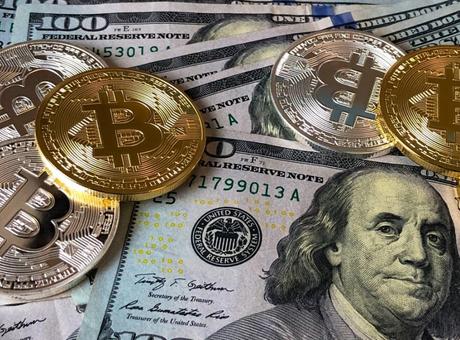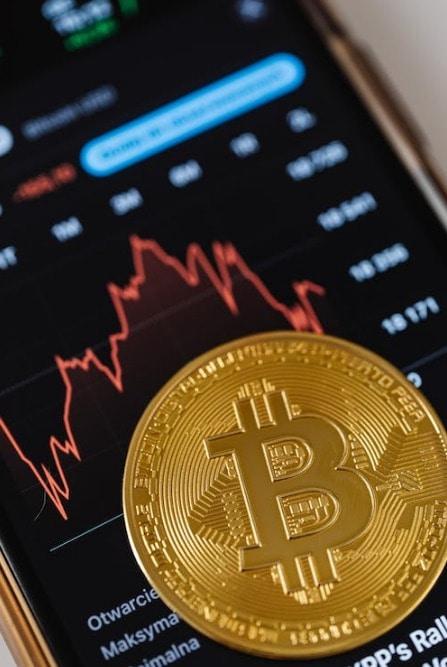The buzz around blockchain has been going on. Blockchain has changed the dynamics for many sectors and industries. The system is revolutionary.
The baking system is one of the biggest evolutions of blockchain technology.
Theoretically, blockchain works through a system of a distributed ledger. These ledgers are shared among users and can easily make records in real-time.
Furthermore, the transactions are made so that they are 100% tamper-proof.
No doubt, blockchain is a system that can make 100% change in the traditional banking system. It can make the system more efficient, cost-effective, and secure.

To know how blockchain will work in the banking system, you can check platforms like bitcoineer to get details.
In this article, we will try to know whether blockchain is a threat or beneficiary to the traditional banking system.
You may also readHow Will Blockchain Transform The Banking System 2023?
Here we present some of the ways through which blockchain will transform the banking system:Making international transfer simpler
One of the best ways blockchain will make traditional systems obsolete is by simplifying international transfers. This is because the process will become quicker and more cost-effective.
For example, when we transfer money from one nation to the other, the transaction is time-consuming.
In the traditional system, third parties are involved in the transaction process. But with the arrival of blockchain, the process will take minutes.
Thus, in the case of international money transfers, blockchain is certainly a threat to the traditional banking system.
Increased security
One major sector that needs a high level of security is the banking sector. The biggest advantage of blockchain to the banking sector is that it helps eliminate fraud.
It works in such a way that the audit trail is created easily.
Once information is added to the blockchain network, it can't be edited. In addition to this, the blockchain network works in such a way that thousands of computers work in a network.
Thus, there is no central point where hackers can attack. Therefore, once the banking system uses the blockchain system, the banking system will have an increased level of security.
 Lesser cost for customers
Lesser cost for customers

One of the biggest disadvantages of the traditional banking system is that customers have to pay high transaction costs. But blockchain can reduce the transaction cost.
As a result, many financial institutions are looking for different ways to reduce the cost of transactions for customers.
No doubt, some tasks can be automated by banks. But, by adapting blockchain technology, 100% of processes will be automated, and customers won't have to pay a penny to the middleman.
Reduction in Human error
Human errors are one of the reasons for the poor performance of the banking systems in countries all around the globe.
Many reports reveal that human errors occur in all processes, including record-keeping and accounting.
Even an innocent human error can have a bigger impact if not taken care of. But, by using blockchain technology, human error can be eliminated 100%.
Blockchain comes up with an automated process for record-keeping. Thus, there is no chance that human errors will happen. Thus, this benefit of blockchain can impact the traditional banking system.
Lending can become easier.
Lending is an important function of the banking system. But we all know how much effort we have to put in if we want to lend even $100 from a traditional bank.
Hundreds of paperwork and approvals are needed before you get the among. With the arrival of blockchain technology, lending will become simpler.
You will get instant approval of loans, and the settlement process will also become smooth for the bank. In this way, blockchain will work as a helping hand for the traditional baking system.
 Elimination of middlemen
Elimination of middlemen

One of the biggest advantages of blockchain technology is that it eliminates middlemen. People can trade with each other without any intervention from third parties.
When third parties are involved in any type of transaction, the transaction fee goes higher.
Thus, by eliminating the middlemen, the transaction fee will get lowered. In the long run, banking will become affordable for people of all statuses and income levels.

